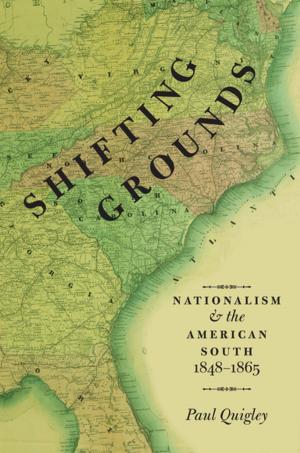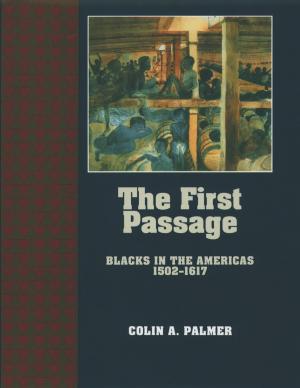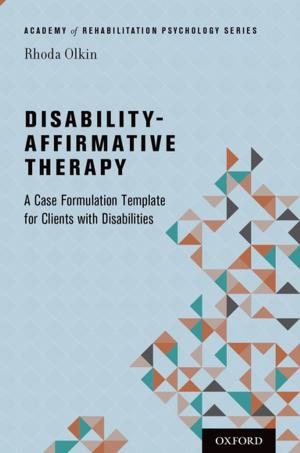Participatory Action Research
Nonfiction, Social & Cultural Studies, Social Science, Social Work, Health & Well Being, Psychology| Author: | Hal A. Lawson, James Caringi, Loretta Pyles, Christine Bozlak, Janine Jurkowski | ISBN: | 9780190204402 |
| Publisher: | Oxford University Press | Publication: | January 6, 2015 |
| Imprint: | Oxford University Press | Language: | English |
| Author: | Hal A. Lawson, James Caringi, Loretta Pyles, Christine Bozlak, Janine Jurkowski |
| ISBN: | 9780190204402 |
| Publisher: | Oxford University Press |
| Publication: | January 6, 2015 |
| Imprint: | Oxford University Press |
| Language: | English |
As novel, complex social problems increase, especially those involving vulnerable people who reside in challenging places, the limitations of conventional research methods implemented by just one or two investigators become apparent. Research and development alternatives are needed, particularly methods that engage teams of researchers in real world problem solving while simultaneously generating practice- and policy-relevant knowledge. Research methods that effectively tap the expertise of everyday people, especially those impacted by these targeted social problems, are a special priority because academic researchers often lack experiential knowledge that stems from direct, everyday encounters with these vexing problems. Participatory action research (PAR) responds to these manifest needs. It provides a methodological structure and operational guidelines for preparing and deploying people from various walks of life as co-researchers, and it provides a proven strategy for generating practice- and policy-relevant knowledge as problem-solving in real world contexts proceeds.
As novel, complex social problems increase, especially those involving vulnerable people who reside in challenging places, the limitations of conventional research methods implemented by just one or two investigators become apparent. Research and development alternatives are needed, particularly methods that engage teams of researchers in real world problem solving while simultaneously generating practice- and policy-relevant knowledge. Research methods that effectively tap the expertise of everyday people, especially those impacted by these targeted social problems, are a special priority because academic researchers often lack experiential knowledge that stems from direct, everyday encounters with these vexing problems. Participatory action research (PAR) responds to these manifest needs. It provides a methodological structure and operational guidelines for preparing and deploying people from various walks of life as co-researchers, and it provides a proven strategy for generating practice- and policy-relevant knowledge as problem-solving in real world contexts proceeds.















